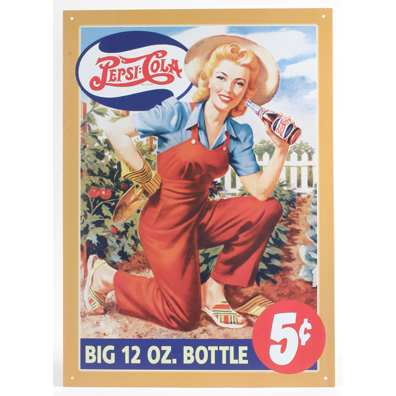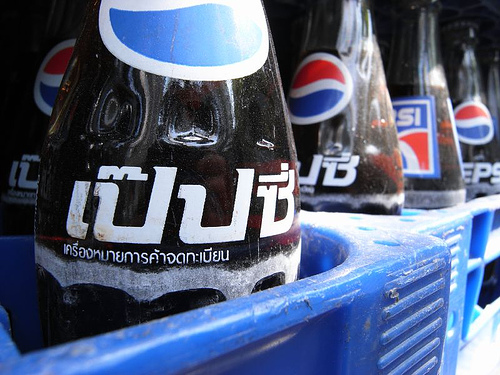 But a surprising number of reader comments defended the campaign. Their comments discuss the importance of being edgy, how political correctness has ruined the advertising business (along with everything else) and how those who are offended should simply “get over it.” The overwhelming majority of these comments came from the folks in the creative or graphics segments of the ad biz. Perhaps the apparent lack of judgment and filters is why ad agencies rarely take these guys to client meetings (a shame, really, because those meetings would probably be a lot more fun if they did).
What I find most interesting is that the people who stick up for this particular campaign genuinely don’t appear to understand WHY it is such a colossal screw up. But the reason is simple; it strays way too far from the rather whitewashed and benign brand image that Pepsi has spent more than a century working to create.
But a surprising number of reader comments defended the campaign. Their comments discuss the importance of being edgy, how political correctness has ruined the advertising business (along with everything else) and how those who are offended should simply “get over it.” The overwhelming majority of these comments came from the folks in the creative or graphics segments of the ad biz. Perhaps the apparent lack of judgment and filters is why ad agencies rarely take these guys to client meetings (a shame, really, because those meetings would probably be a lot more fun if they did).
What I find most interesting is that the people who stick up for this particular campaign genuinely don’t appear to understand WHY it is such a colossal screw up. But the reason is simple; it strays way too far from the rather whitewashed and benign brand image that Pepsi has spent more than a century working to create.

Goes great with Thai